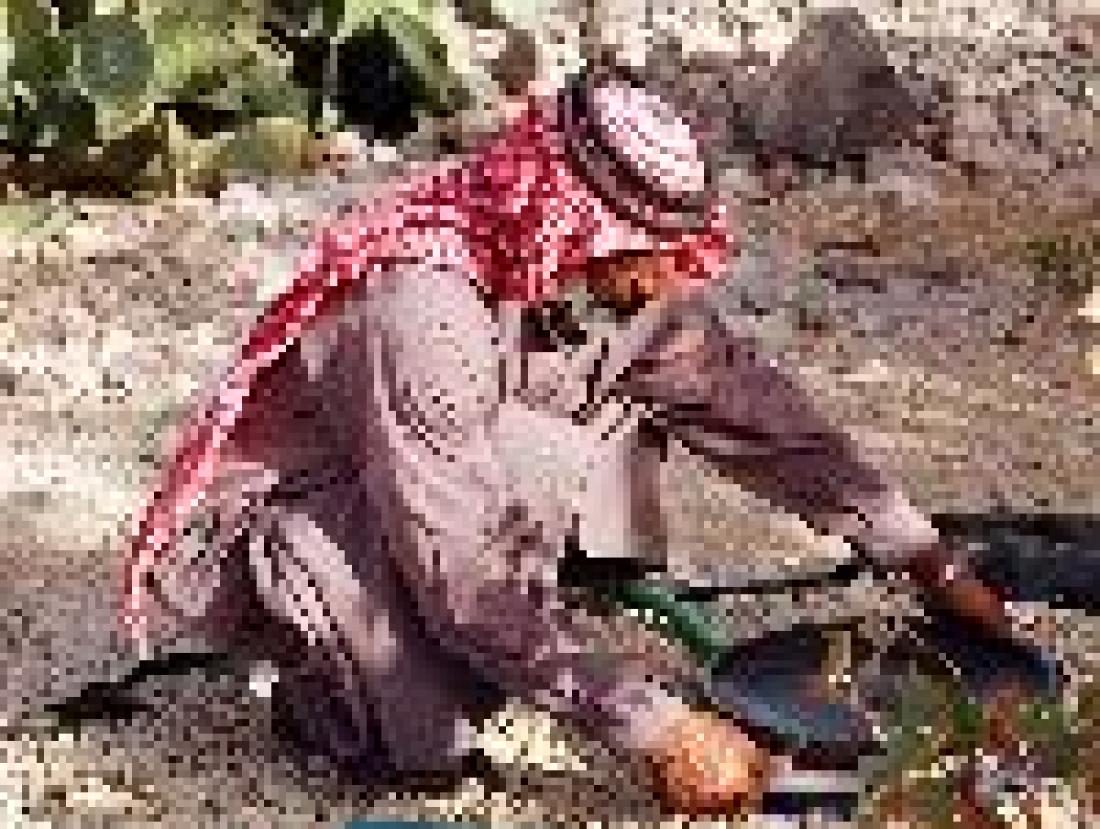The success of International Development Research Centre (IDRC) supported household “greywater” projects in Jordan, Lebanon, and the West Bank has also moved national governments and international agencies to incorporate greywater reuse into long-term plans to combat the region’s deepening water crisis.
That shortage of water has had a crushing economic impact in Jordan, the world’s seventh most water-scarce country. On the outskirts of urban areas, “the domestic water supply is limited to one day a week, and buying water by the tank is very expensive,” says Murad Bino, executive director of the Amman-based Inter-Islamic Network on Water Resources Development and Management.
Simple household system
In this parched environment, small farmers don’t have enough water to grow fodder for animals or to water the trees that are essential sources of food and income. Enter researchers from the Inter-Islamic Network, who proposed that “by separating relatively clean water from the ‘black water’ from the toilet, you could develop a new source of water for irrigation,” recalls Naser Faruqui, now director of IDRC’s Innovation, Policy and Science program.
The scheme hinged on developing a simple household treatment system that diverted greywater from sinks, baths, and laundry facilities “to a number of 160-litre recycled polyethylene containers filled with gravel, and sometimes crushed pop bottles,” Faruqui explains. The bacteria that forms on the stones or crushed bottles then “attacks the contaminants in the wastewater,” he says, allowing the mostly purified water to be circulated to drip irrigation systems that very sparingly irrigate fruit trees, crops that are eaten cooked, and fodder crops.
The result? Early research showed that participating families’ larger crops led to a 10% rise in incomes. Those families also saved 27% on their water bills and, since less water flowed into septic tanks, paid less to have their septic tanks cleaned out. “For people who are very poor, that’s a significant return on their investment,” Faruqui says.
Greywater’s growing appeal
Governments began to pay attention. After the success of the pilot projects, Jordananian authorities developed quality standards for greywater use. With inspectors now able to ensure that quality targets were being met, public confidence in the process increased.
Jordan has incorporated greywater into its 14-year national water strategy and into sanitation building codes. In urban areas, for example, no new high-rise construction can be approved if greywater recycling is not part of the design.
Research and policy changes to accommodate greywater use have also spread to nearby countries, such as Lebanon and Yemen. On the global stage, the World Health Organization recently published its own standards for greywater use. With these initiatives, a win-win scenario in small, rural communities also promises to become part of the solution to a serious problem at the regional and international levels.
***********************************************************
“People are discovering that having 60 or 70% of their wastewater diverted to a greywater treatment plant is like having a small spring next to their house. This spring gives them 200 to 500 litres of water every day. If you raise a few animals and have a few trees, that’s certain to improve your income and your food security.”
— Murad Bino, INWRDAM executive director



